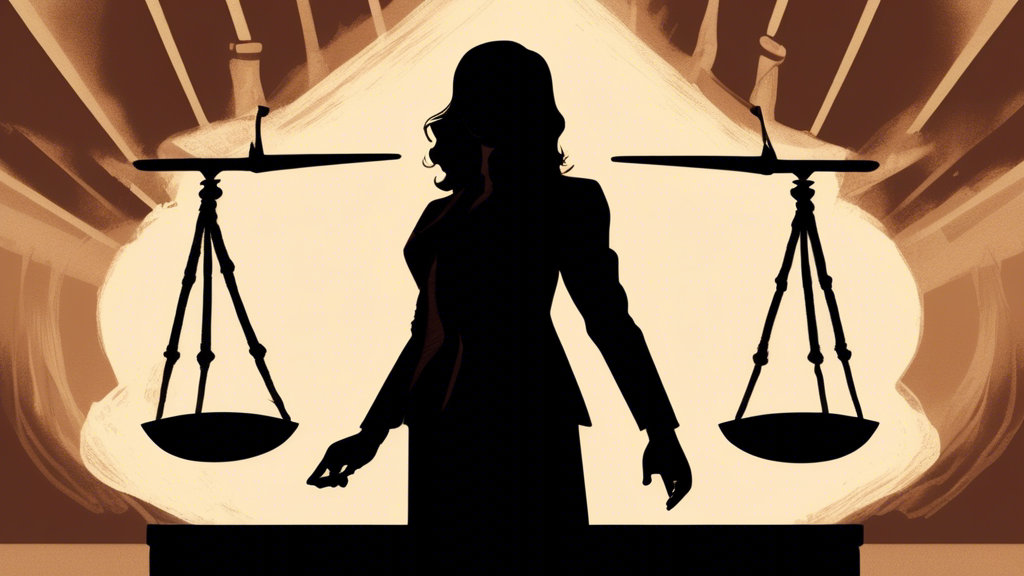Diddy Accuser Faces Possible Defamation Lawsuit from 50 Cent Ex Over Sex Worker Allegations
In a twist that adds another layer to the already complex world of celebrity disputes, an accuser of Sean Combs, known professionally as Diddy, now faces a possible defamation lawsuit from Shaniqua Tompkins, an ex-girlfriend of rapper 50 Cent. The legal action stems from allegations made against Diddy, which Tompkins claims are baseless and have indirectly implicated her in a negative light.
The Origin of the Accusations
The controversy began when the accuser, whose identity has been withheld for privacy reasons, made public claims suggesting that Diddy had engaged in relationships with paid sex workers, a statement that quickly spiraled out of control on social media platforms. The narrative gained further traction when it was implied that Tompkins was among those involved in the alleged activities, an insinuation she staunchly denies.
Tompkins’ Response
In response to the accusations that have since spread across the internet, Tompkins has signaled her intention to pursue legal action on the grounds of defamation. Defamation, a legal term for false statements that harm someone’s reputation, requires the plaintiff to prove that the accused made a false statement knowingly or with reckless disregard for the truth, and that the statement caused harm or damage.
Tompkins’ decision to potentially sue for defamation is rooted in her claims of innocence regarding the allegations, stressing that the false accusations have subjected her to public ridicule, harassment, and emotional distress. Additionally, Tompkins argues that the libelous statements have significantly impacted her personal and professional life, potentially resulting in financial losses due to damaged reputation.
Legal Implications and Considerations
The potential lawsuit against the Diddy accuser by Tompkins raises several legal and ethical questions. Firstly, it highlights the impact of social media in spreading potentially damaging and unfounded accusations, underscoring the ease with which individuals’ reputations can be tarnished. Secondly, it brings to the forefront the challenges associated with proving defamation, especially in cases involving public figures, where the threshold for proving malicious intent is significantly higher.
In defamation cases, particularly those involving celebrities, the accuser must not only demonstrate that the statements were false but also that they were made with actual malice. This legal doctrine, established to protect freedom of speech, especially in matters of public concern, poses a formidable challenge for those seeking redress for defamation.
What’s Next?
As the situation unfolds, all eyes will be on how Tompkins navigates the legal challenges ahead. The potential defamation lawsuit underscores the complexities of dealing with allegations in the digital age, where the court of public opinion often moves faster than the judicial system. Regardless of the outcome, this case serves as a potent reminder of the consequences of spreading unfounded allegations and the legal recourses available to those wrongfully accused.


